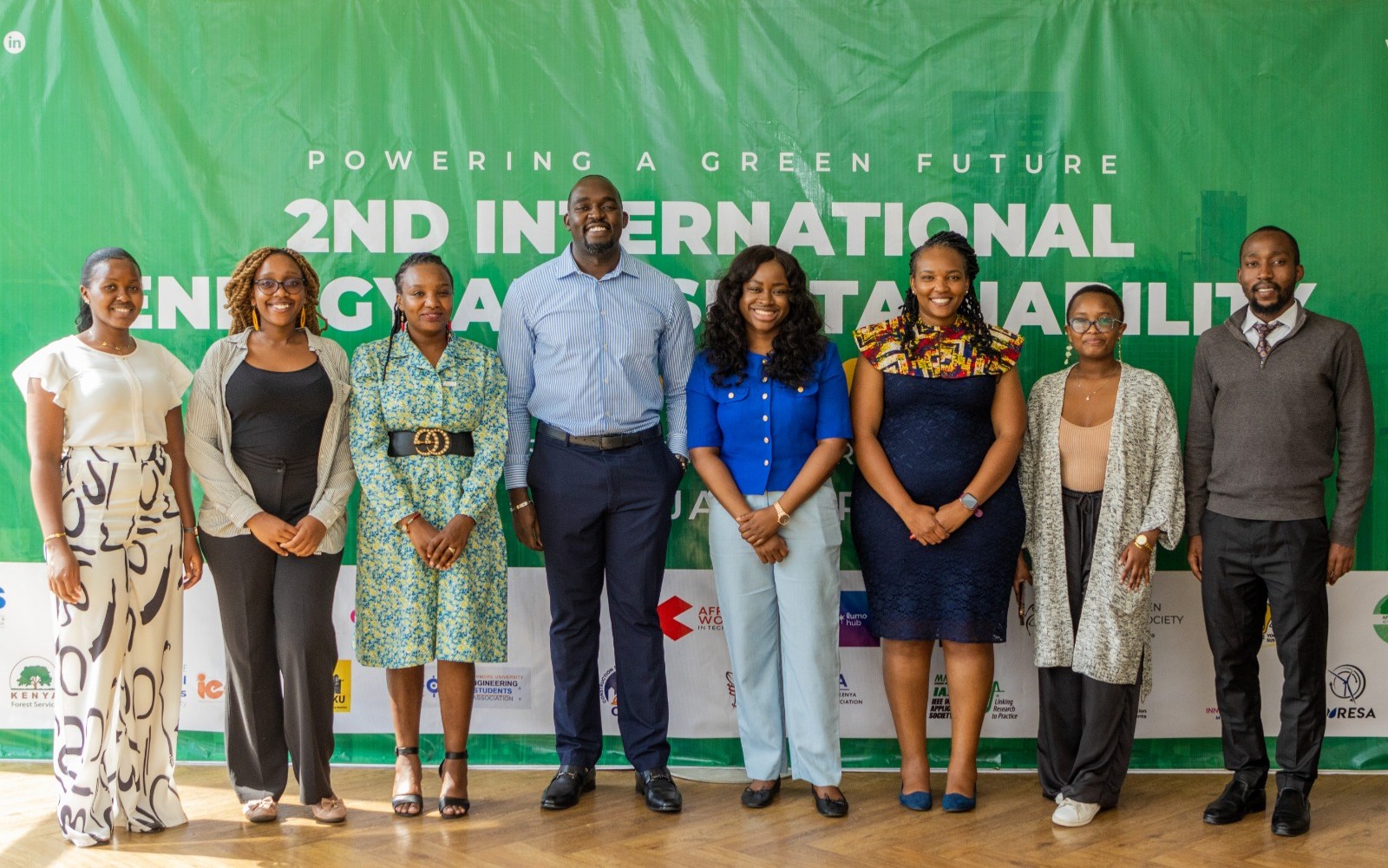After the successfully concluded Africa Climate Summit in the capital of Kenya on September 6th, 2023, the 54 attending African countries signed the Nairobi Declaration. This Declaration is ambitious according to H.E. Dr. William Ruto, President of the Republic of Kenya, and aims to set precise goals for African countries to attain, especially in terms of investments and finance in order to follow a more sustainable development path.
Investments in Renewable Energy
An important focus of the Summit was on investments in renewable energy. Indeed, the Paris Agreement set a goal to limit global warming well below 2°C in comparison to pre-industrial levels. Massive energy transformations are crucial in order to reach such a goal. Although Africa contributes the least to global warming and greenhouse gas emissions, it suffers more than any other region in the world from its effects. That was acknowledged by the Nairobi Declaration in its 8th point.
The development of renewable energy is key in order to reach a sustainable future, especially for most African countries where nuclear energy is not yet seen as an immediate solution.
The 41st point of the Declaration aims to multiply Africa’s renewable energy production capacity by more than 5 (from 56GW to 300GW) before 2030. To achieve this will require huge investments in numerous projects and reforms and therefore represents a great opportunity for new climate & blended finance structures, while attracting global climate investors to Africa.
Climate Finance
One of the major issues tackled by the Declaration was climate finance, and to be more precise, the need for a high quantity of quality investments. The 17th point of the Declaration reaffirms promises made during COP 21, as well as during the Copenhagen Conference in 2009. This was a promise to furnish at least $100 billion yearly for climate financing. In addition to that, this 17th point encourages the cessation of any public subsidies on fossil energy. Allocating these subsidies instead to climate finance is a positive move that would allow new investments on the continent and make African climate finance much more dynamic.
Conducive Regulatory Environments
The 21st point of the Nairobi Declaration encourages countries to set regulations, policies and incentives in order to foster local green investments. That is indirectly encouraging a major progress in climate finance, the development of a well-structured and organized carbon credits market on the continent.
To set up an organized African Carbon Markets would be a major leveraging tool for the development of our economies over the next ten years. However, we need to ensure that we have, beyond regulated markets or even voluntary carbon markets, accepted and approved platforms for transactions across the different five regions of the continent in order to maximize and stabilize carbon credits pricing. This would consequently increase Climate Investments and therefore increase revenues for Africa.
These points mentioned above are only examples of how the Nairobi Declaration aims to have an impact on Africa Climate finance. In addition, the Declaration shows true commitment from African leaders to organize and develop efficient Climate & Blended Finance structures allowing Climate investments in and for Africa.






